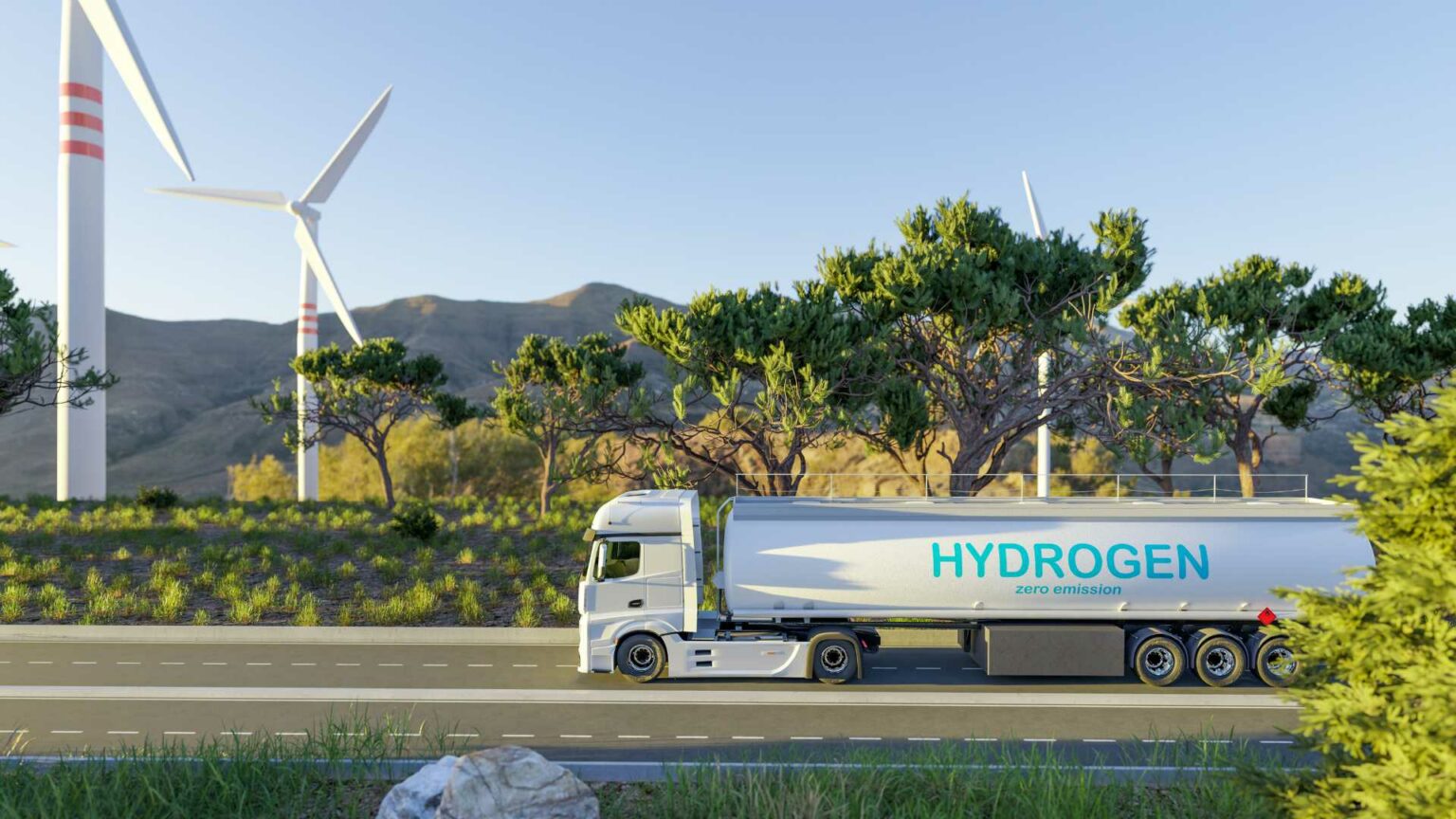A sizable $75 million cutback in funding for the Hydrogen Highways program from Australia’s federal budget has intensified scrutiny over the government’s advancements in hydrogen trucking solutions. Initially conceived to encourage hydrogen-fueled trucks and the development of requisite infrastructure along major routes like the Hume Highway, the scheme, since its establishment in 2022, has made limited progress.
Notably, the initiative has committed funding to only one project: Line Hydrogen’s $5.5 million George Town development in Tasmania. Internal challenges were highlighted in a recent report, which pointed out that the scarcity of suitable long-haul hydrogen vehicles played a crucial role in stalling the program. As articulated by Matthew Ryan from the Climate Change and Energy Department, the heavier weight of these primarily Europe-sourced vehicles makes them unsuitable for Australian roads. This issue, compounded by unexpected delays in the anticipated availability of these vehicles, has frustrated efforts, forcing re-evaluation and reallocation of resources.
The hydrogen vehicle market in Australia is embryonic, with sporadic attempts showing mixed results. Hyzon Motors, despite launching an $800,000 hydrogen truck last year, failed to sustain operations, leading to the closure of its Australian plant and the dissolution of its US parent company. Conversely, Pure Hydrogen has marked some progress, successfully registering the country’s first hydrogen fuel cell prime mover in Queensland and making strides with its subsidiary, HDrive International. The latter recently executed a deal to supply two hydrogen-powered trucks to Toll Transport.
Despite these isolated achievements, the broader challenge of propelling Australia’s hydrogen highway ambitions remains. The program’s aspiration of establishing a sustainable trucking ecosystem leveraging hydrogen technology is presently confronted with the prevailing industry obstacles of vehicle suitability and supply. Labor’s current stance, poised with an emphasis on reallocating funding towards other decarbonization priorities, suggests a shift in strategy.
The spokeswoman for Climate Change and Energy Minister Chris Bowen affirmed that investments are being redirected to accelerate the decarbonization efforts within the transport sector, albeit at the apparent expense of the initial hydrogen trucking vision. As Australia navigates its path to a decarbonized future, fostering infrastructure and vehicle innovation remains vital. Whether the recent funding Redirection strategy could stimulate more agile and adaptable solutions in the hydrogen space, or merely entrenches current setbacks, is yet to be determined.
